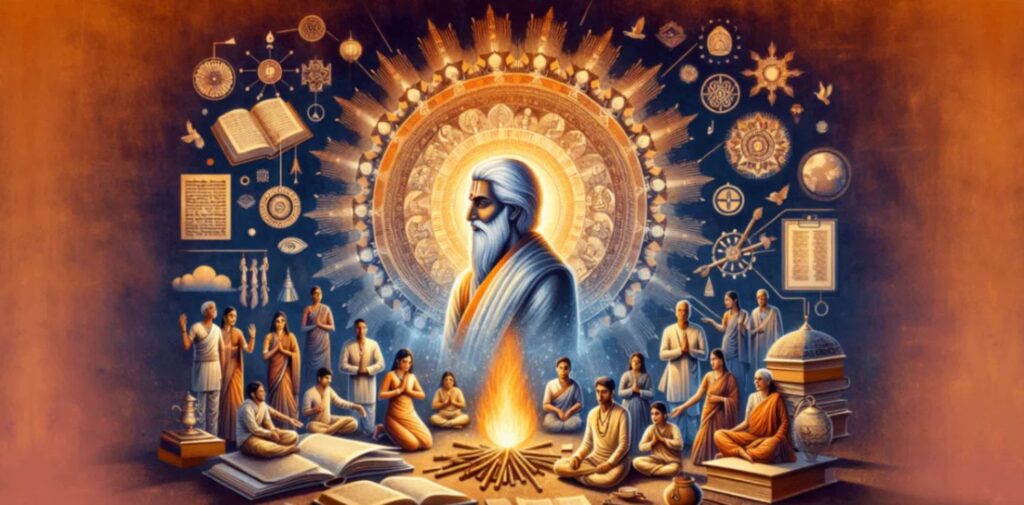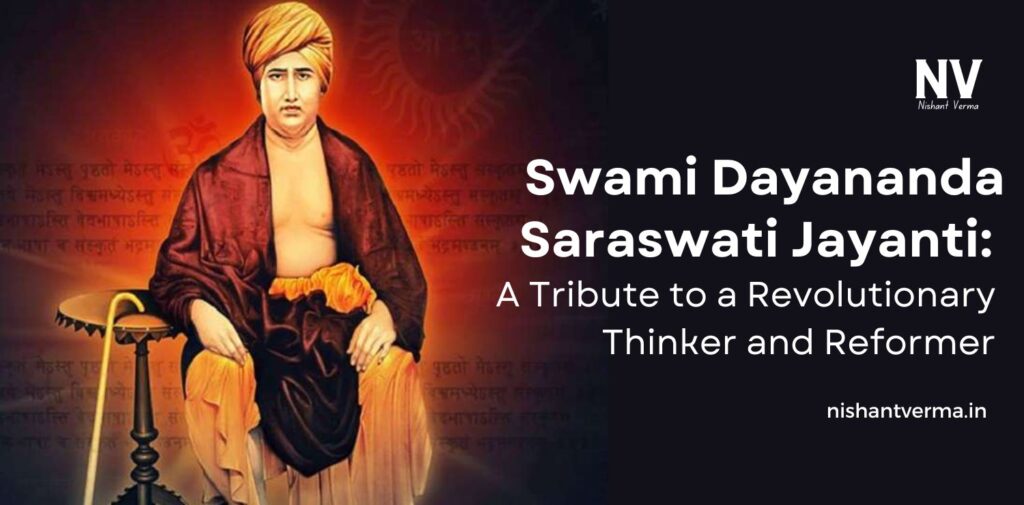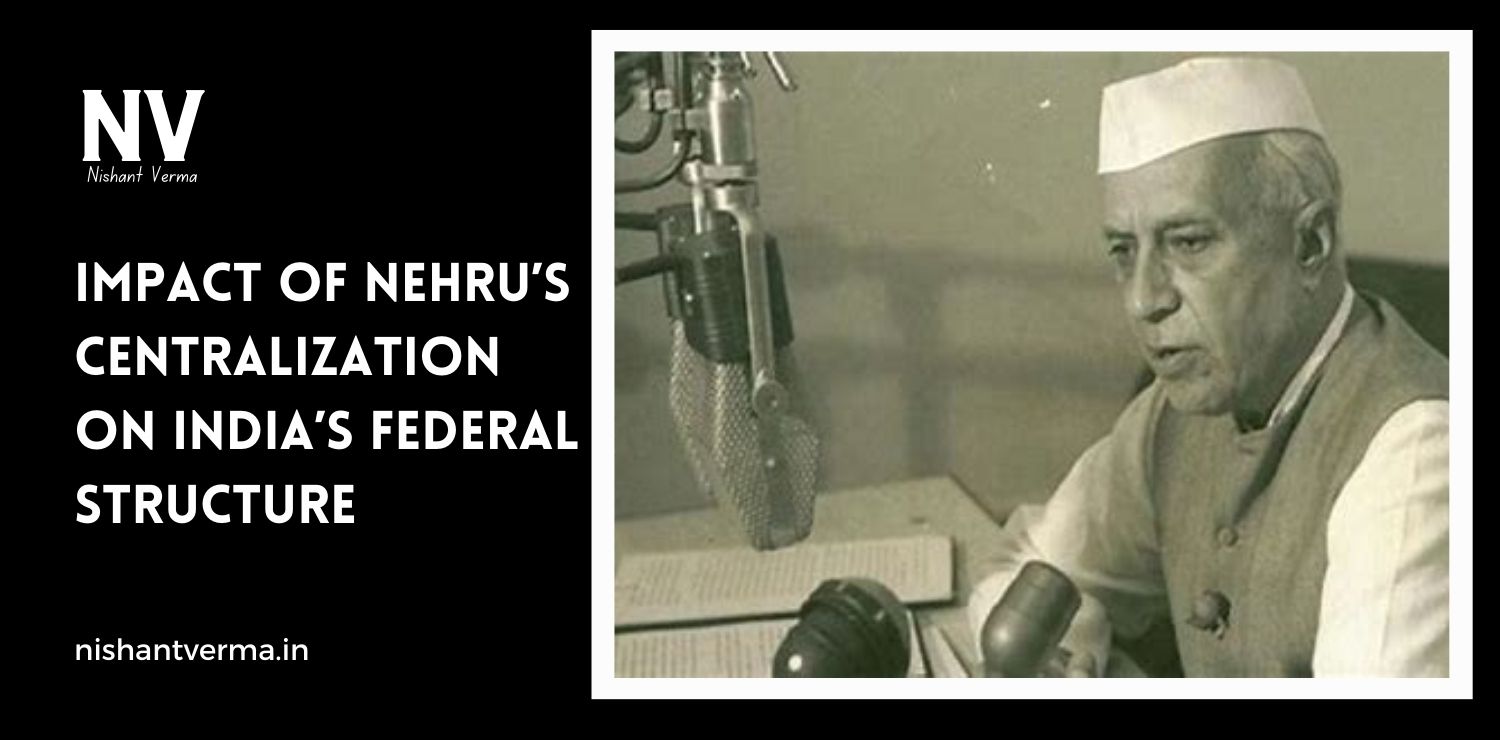Date of Celebration: 23rd February 2025
Swami Dayananda Saraswati, a prominent philosopher, scholar, and social reformer, remains one of the most influential figures in modern Hindu thought. Known for his efforts to revive Vedic traditions and champion rational thought, Swami Dayananda Saraswati’s teachings and actions have had a lasting impact on Indian society and the world. The day of his birth, 23rd February, is celebrated annually as Swami Dayananda Saraswati Jayanti, a day dedicated to honoring his contributions to spiritual reform, education, and social change. In this article, we will explore the life, legacy, and relevance of Swami Dayananda Saraswati, as well as the significance of celebrating his Jayanti in 2025.
Early Life and Spiritual Awakening
Swami Dayananda Saraswati was born as Mool Shankar on 12th February 1824 in Tankara, a small town in Gujarat, India, into a Brahmin family. From an early age, Mool Shankar showed a deep interest in spirituality and religious matters. His parents, devoted Hindus, encouraged his early education in the sacred texts of Hinduism. However, his intellectual curiosity led him to question the practices and beliefs that were prevalent in the society around him.
At the age of 14, Mool Shankar experienced a life-changing event. He witnessed the rituals of idol worship during a religious ceremony and became disillusioned by the superstitions and practices that he believed strayed from the true teachings of the Vedas. This event led to his decision to renounce worldly life and seek a path of true knowledge. He left his home and embarked on a journey of spiritual discovery, eventually becoming Swami Dayananda Saraswati after receiving formal initiation.

The Mission of Swami Dayananda Saraswati
Swami Dayananda Saraswati’s primary mission was to revive and promote the teachings of the Vedas, the ancient sacred texts of Hinduism. He believed that the Vedas contained the ultimate truth and that their teachings, when understood correctly, could lead humanity to spiritual liberation. Swami Dayananda’s approach was based on the idea that the Vedic scriptures, when interpreted rationally, provide the path to a harmonious and progressive society.
Swami Dayananda was highly critical of the prevailing social and religious practices in India, which he believed had strayed from the core teachings of the Vedas. He denounced practices such as idol worship, the caste system, and blind rituals, arguing that they were distortions of true Vedic knowledge. His reformist approach was not just aimed at religious purification but also at societal transformation.
Arya Samaj: The Reformation Movement
In 1875, Swami Dayananda Saraswati founded the Arya Samaj (the Society of Nobles) in Bombay (now Mumbai), a social and religious reform movement aimed at revitalizing Hinduism. The Arya Samaj’s core objective was to promote the worship of one God, adhering strictly to the teachings of the Vedas, and to eradicate practices that deviated from Vedic principles. The movement was rooted in the belief that true spirituality is based on reason and rationality, not superstition or blind faith.
The Arya Samaj played a critical role in promoting social reform in India, including:
- Promoting Education: Swami Dayananda was a strong advocate for modern education and believed that scientific knowledge should complement spiritual wisdom. The Arya Samaj established schools and institutions that emphasized rational thinking, practical learning, and character development.
- Fighting Against Social Inequality: Swami Dayananda was a vocal critic of the caste system and untouchability, which he believed were deeply un-Vedic. He advocated for equality and social justice, and the Arya Samaj’s efforts to abolish caste-based discrimination were revolutionary in an era when social hierarchies were deeply entrenched.
- Women’s Empowerment: Swami Dayananda Saraswati’s teachings also focused on improving the status of women in society. He was one of the early proponents of women’s education, encouraging the idea that women should have access to the same educational opportunities as men. The Arya Samaj supported widow remarriage and condemned the practice of Sati (widow burning), which was prevalent in some parts of India at the time.
- Promotion of Monotheism: Dayananda emphasized the importance of worshiping one God, as opposed to idol worship, which he saw as a distortion of Vedic teachings. He preached the idea of “Ekam Sat,” meaning “truth is one,” and strongly believed that God is formless and omnipresent.

Contribution to Hindu Philosophy and Reform
Swami Dayananda Saraswati’s intellectual and philosophical contributions went beyond religious reform. His writings and lectures challenged centuries of tradition and laid the foundation for a new wave of thought in India. One of his most notable contributions was his interpretation of the Vedas.
- Rigorous Vedic Interpretation: Swami Dayananda’s interpretation of the Vedas was revolutionary. He rejected the traditional interpretations that had been influenced by various sects and schools of thought. He argued that the Vedas were meant to be understood in their original form and should not be distorted by superstition, dogma, or rituals. His book, Satyarth Prakash (The Light of Truth), is considered a seminal work that outlines his philosophy and the true meaning of the Vedas.
- Rational Thinking: Swami Dayananda believed in the power of reason and logic. He was one of the first reformers to bring rationalism into the discussion of religious faith. His emphasis on logical thinking and empirical evidence inspired a generation of thinkers and intellectuals in India and beyond.
- Nationalism and Patriotism: Swami Dayananda Saraswati’s teachings were not limited to religious reform; they also encompassed a broader vision of national renewal. He was deeply concerned about the state of India under British colonial rule and emphasized the importance of self-reliance and national pride. His calls for educational and social reform were integral to the broader nationalist movement in India.
- Spiritualism and Modernity: Swami Dayananda’s unique approach combined spiritual wisdom with modern ideas. He emphasized the importance of science and technology while maintaining a deep respect for spirituality. He believed that true progress could only be achieved when both the material and spiritual aspects of life were in harmony.
Swami Dayananda Saraswati Jayanti: A Day of Reflection and Celebration
Swami Dayananda Saraswati Jayanti is a day to remember and reflect upon the life and legacy of a man who transformed the spiritual and social fabric of India. On 23rd February each year, people across India and the world come together to celebrate his teachings and contributions. The year 2025 holds particular significance as it marks the 201st birth anniversary of this great reformer.
The celebrations of Swami Dayananda Saraswati Jayanti in 2025 will include a variety of events, including:
- Lectures and Discussions: Educational institutions, religious organizations, and social reform groups will organize lectures and discussions focusing on Swami Dayananda’s philosophy, the importance of Vedic teachings, and the continued relevance of his social reform ideas.
- Cultural Programs: The day will be marked by cultural programs such as recitations of his writings, singing of devotional songs, and plays that portray his life and teachings. These events will help spread his message to a wider audience and inspire people to follow his path of truth and righteousness.
- Social Welfare Activities: Swami Dayananda was deeply committed to the welfare of society, and his followers often organize charity events, community service programs, and educational initiatives on his Jayanti. These efforts serve as a tribute to his belief in the importance of serving others.
- Online Campaigns: In the digital age, social media will play a significant role in the celebrations. Hashtags like #SwamiDayanandaJayanti and #SatyarthPrakash will trend across various platforms, spreading his message of rationalism, education, and social justice.

Relevance of Swami Dayananda Saraswati’s Teachings Today
Swami Dayananda Saraswati’s teachings continue to be relevant in today’s world. His emphasis on rationality, spirituality, social justice, and national pride can be applied to address the challenges faced by modern society:
- Promotion of Education: Dayananda believed that education is the key to progress. His focus on rational thinking and scientific learning is more relevant than ever, especially in a world that increasingly values knowledge and innovation.
- Fighting Superstition: His efforts to eliminate superstition and blind faith resonate today, as society continues to grapple with various forms of religious intolerance and irrational beliefs.
- Empowering Women: The ideals Swami Dayananda set for gender equality and women’s rights are significant in today’s world as India continues its journey toward achieving gender parity.
- National Integrity: Swami Dayananda’s vision of a united and self-reliant India is as relevant as ever in the context of modern challenges such as political fragmentation and economic inequality.
Conclusion
Swami Dayananda Saraswati Jayanti is a day that honors the life and legacy of a remarkable thinker, social reformer, and spiritual leader. His contributions to Vedic philosophy, education, social reform, and the empowerment of marginalized communities continue to inspire millions across the globe. As we celebrate his 201st birth anniversary on 23rd February 2025, we are reminded of his unwavering commitment to truth, justice, and progress. His legacy, embodied in the Arya Samaj and his vast body of work, continues to serve as a beacon of light for those seeking knowledge, wisdom, and a better society.




